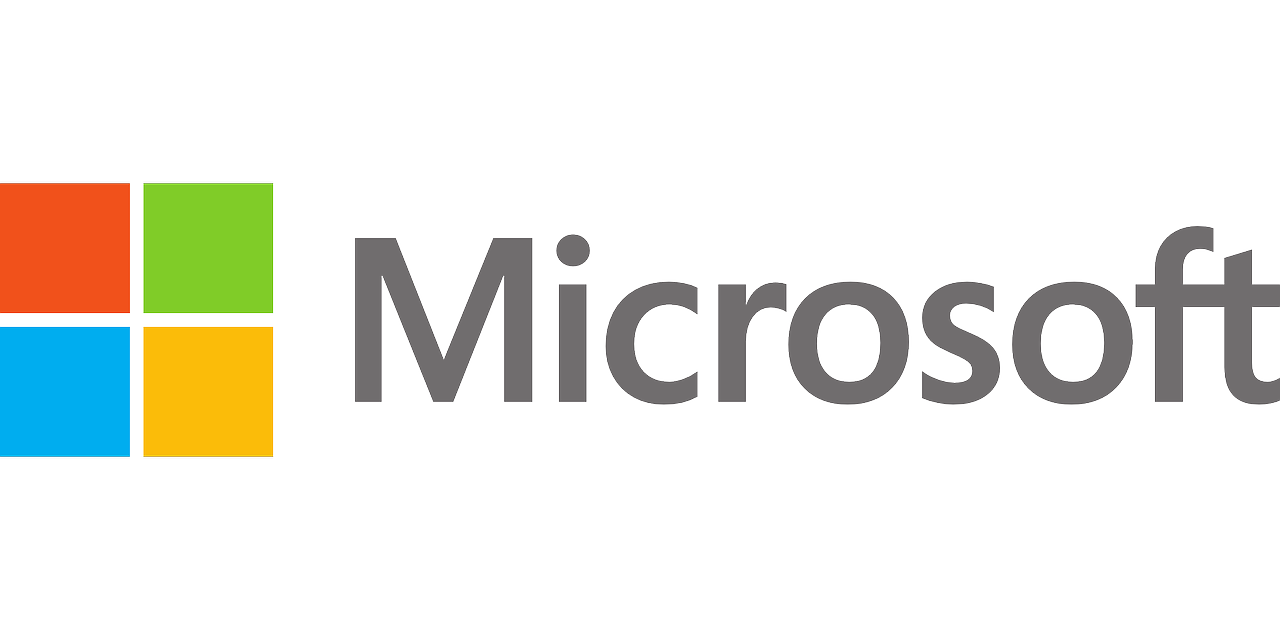
All About Windows 11
Microsoft's new operating system, Windows 11, hit shelves (and download menus) on October 5th. This is Microsoft's first OS upgrade since 2015 when they released Windows 10. It sports a variety of new features that appeal to business people looking to make their firms more efficient. Current Windows users can upgrade to Windows 11 for free using the Updates function in their system settings. You can read instructions on how to do so here.
Naturally, anyone who relies on Windows products is wondering if they should make the switch. After all, the update is free, so why not take the plunge? Well, there are several things anyone should consider before switching to a new OS.
Not all the upgrades that Microsoft has made to its operating system over the years have been well received. Windows 8, the OS preceding Windows 10, which was released in 2013, was panned for its clunky and confusing user interface. It was so unpopular that Microsoft reverted to its older UI style for Windows 10 only two years later.
So, should you make the switch? Let's consider the ins and outs of the OS to see if Windows 11 is right for you.
Windows 11's New Features
Windows 11 has a variety of new features, which distinguish it from older operating systems. One of the most notable additions is its easy integration with communication software like Microsoft Teams. Post-pandemic, video conferencing software is a must-have for most people. Unlike many third-party services, like Zoom, Teams on Windows 11 comes free of charge.
Video chat features now also seamlessly integrate with MS Outlook and Calendar. This allows you to jump right into talking with someone without opening up multiple programs and windows. Finally, all of these programs appear on the UI's taskbar by default. This makes them more accessible for the world's new work-at-home paradigm.
Speaking of UI, another new feature is the ability to create and maintain multiple desktops, each one having its own layout and customized taskbars. This allows users to have specialized desktops for different tasks--one for, say, business communications and others for entertainment and family activities.
When it comes to security, there are multiple new technologies that are brought to the forefront, namely bio-metric software and user tracking. Bio-metric software replaces passwords with tools that rely on unique biological signifiers. Examples of this are fingerprints and facial scans, which can be used to access programs, files, and user accounts.
User tracking allows a network administrator, like a parent, to track other users. Tracking admins can monitor online activity, set up content filters, and control the amount of time a user has access to certain programs.
In addition, Windows 11 automatically backs up your data onto OneDrive as a fail-safe against crashes, hardware damage, and attacks by cyber criminals. It also includes the same automatic updates and anti-viral protection that Windows operating systems have had for a while now. Lastly, there are several new features related to gaming for those interested.
What's the Bad News?
The primary drawback to Windows 11 comes in the form of hardware limitations. Notably, Windows 11 can't run on computers with processors lower than 64-bits. That means that anyone who's using an older system with a 32-bit processor, which is still common, is out of luck without a hardware upgrade or a new computer. You can check your Windows 10 computer's processing power in the About section of the System menu in the computer's Settings.
Backward compatibility with older hardware is going to be a problem for businesses that would rather rely on what's proven to be reliable and predictable, even if it means sacrificing all of the new bells and whistles.
Furthermore, Windows 11 runs the risk of replaying the problems that emerged with Windows 8. The OS features a completely new user interface. Even though it's customizable in a way that Windows 10 isn't, new UIs inevitably come with learning curves.
That means businesses who make the switch may need to provide training for their employees to keep them up to date. That's time and potentially money that would arguably be better spent on running the business. As such, it may be wise to wait until people are more familiar with the new UI before making an organization-wide switch.
Only time will tell if Windows 11 will become as commonplace as Windows 10 or if it will go the way of Windows 8. In any case, it's important that any firm weigh the costs and benefits of making the switch, especially now in the early days of the system's release when it has yet to prove itself.
If you're looking for more information on whether your computer is compatible with Windows 11, you can check out Microsoft's system requirements page or download their PC Health Check app, which will scan your computer and tell you if it's compatible.
Feel free to leave us a comment, or if you would like to meet with us to learn how we can help your business, press the request button below to schedule a consultation.

